Study finds direct seawater splitting has substantial drawbacks to conventional water splitting, offers almost no advantage
Green Car Congress
JUNE 16, 2021
A study by a team of researchers from Technische Universität Berlin (TUB) and Fritz-Haber-Institut der Max-Planck-Gesellschaft has found that direct seawater splitting for hydrogen production has substantial drawbacks compared to conventional water splitting and offers almost no advantage. Additionally, H 2 O is needed for water splitting.

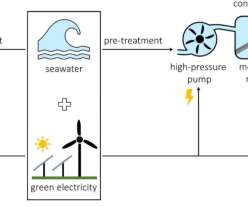
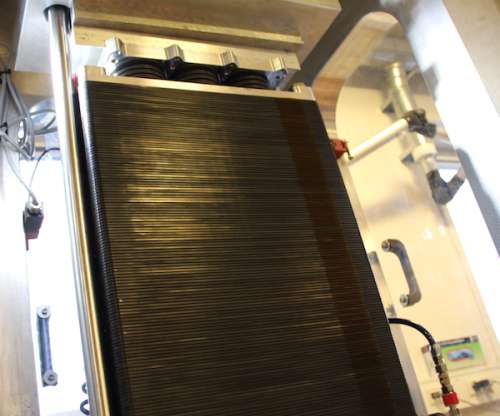



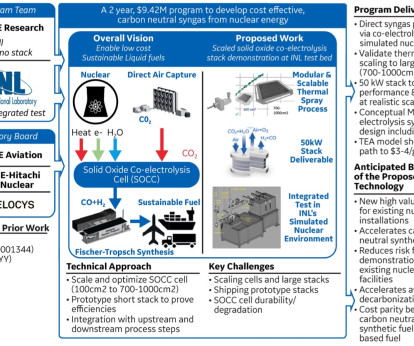

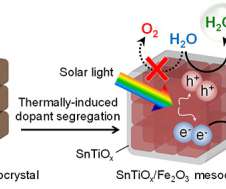






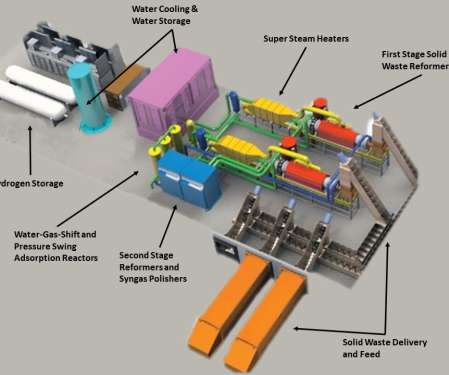
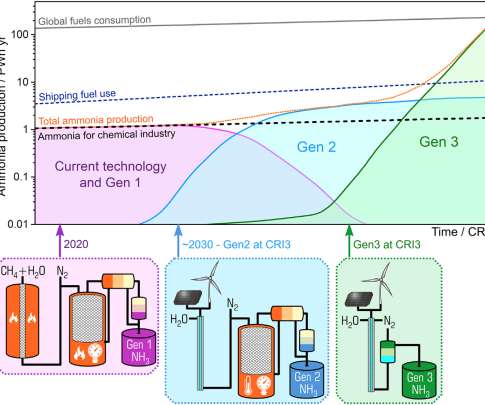



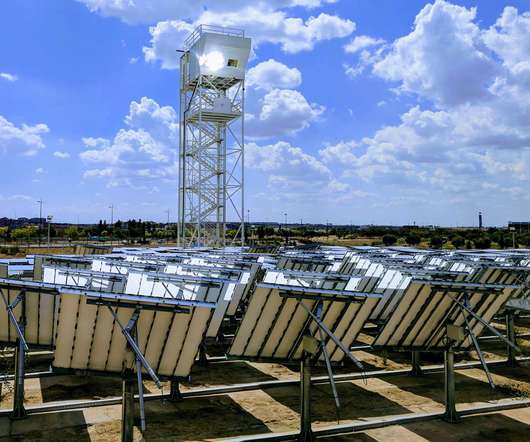

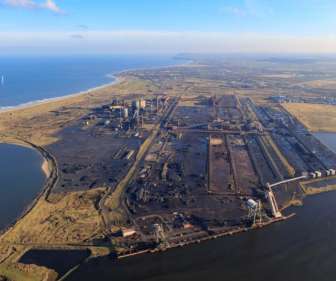

















Let's personalize your content